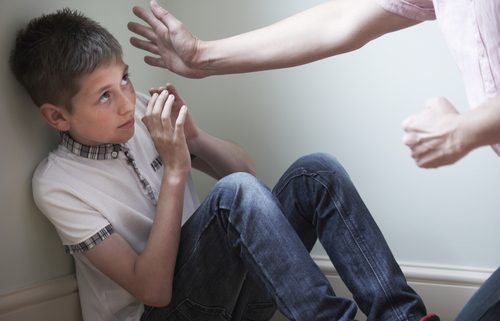Attachment and Teens: Staying Connected to Your Child During Adolescence
Adolescence is a challenging time for most parents. Often in our therapy offices at Creative Family Counseling we hear from parents that they knew how to care for their children when they were small, but that they feel like estrangement or conflict are inevitable as their child navigates adolescence. While it is understandable that many parents feel this way, it is the cultural stereotype of teenager/parent relationships. The loss of connection between you and your child does not have to be inevitable.





